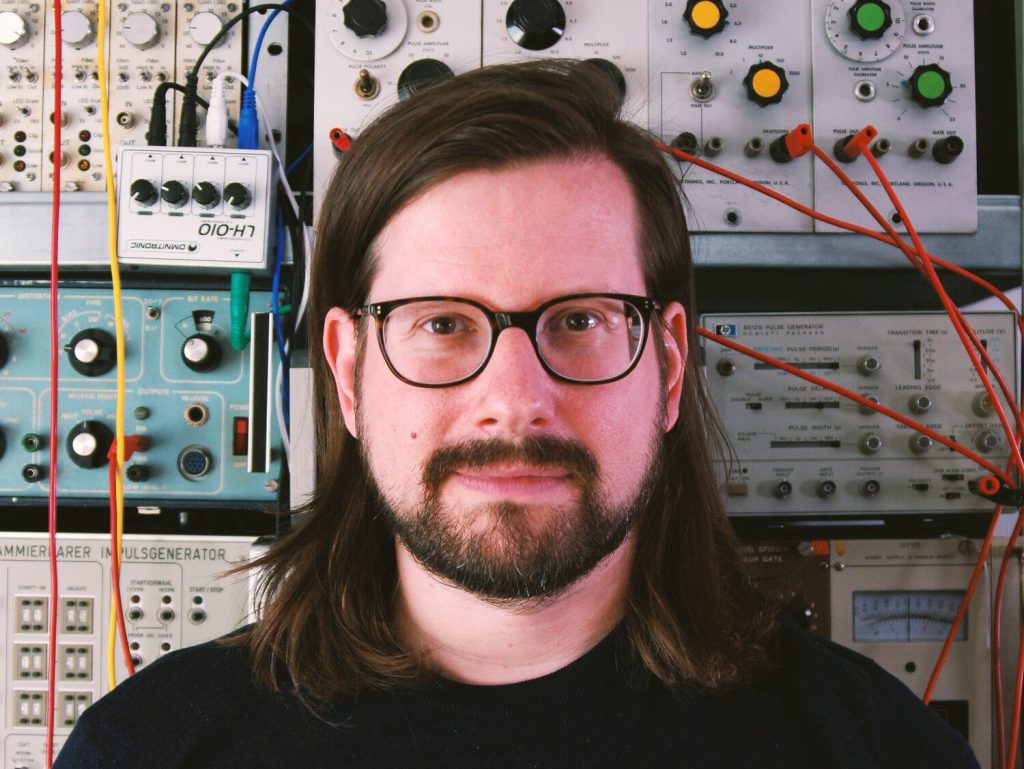by AudioThing
Things Motor is a plugin effect that uses side-chaining to combine signals in new and interesting ways: put in any two signals and they will dance around each other like courting birds drunk on fermented cherries.
Use it to gentle morph between sounds or rhythmically cut them up, affecting both volume and spatial position.
Use Things Motor to add life to the plainest signals with vibrato, or destroy them in interesting ways with extreme modulation speeds.
$19.00
We took great care to get all the idiosyncratic behaviour exactly right – it reacts dynamically to the input and does stuff to audio that is a completely different texture to magnetic tape.
There is a special tone to the hair-thin wire and the vacuum tube output stage of this machine, unheard of anywhere else.
The standard way to make a unit such as this music is to put it on an aux channel of a mixer, to turn it into a fixed tempo echo.
We offer all the variable time features you want, as well as the option to switch off the rather high noise floor of this machine without sacrificing the rather alive sound.
Like our previous collaboration with Hainbach (the Soviet spy recorder turned echo, Wires), Motors takes cues from history: “The Crystal Palace” built by Dave Young for the BBC Radiophonic workshop.
This one-of-a-kind tool allowed speed-dependent switching of up to sixteen audio channels.
It did so in an almost steampunk fashion, by employing a big capacitor rotating on a Motor.
The effects it created reached from sublime to almost granular, a major achievement at the time.
You can hear it on the soundtrack to the Doctor Who episode “The Krotons” by Brian Hodgson and Delia Derbyshire.
Things Motor focuses and expands on this peculiar tool by allowing the combination of two signals via sidechain, which makes it work easily across platforms.
Switching is controlled via a variable waveshape LFO instead of the fixed physical waveform of the original.
This allows for smooth morphing or aggressively chopped sounds, and worlds in between.
You can even use it for audio rate modulation of signals, which results in ring-modulation-like artifacts.
To make it a truly versatile tool, we added a vibrato and a panner synced to the “motor” LFO, as well as some of our classic analog-like sound shaping.
Together with the variable time on the motor start/stop this becomes the sound morphing rotary effect you never know you needed – until you hear it.
While the original Crystal Palace might not be heard in public again, with Things Motor you get a modern take on a classic tool.
Bringing avant-garde techniques of the past to a modern audience is one of Hainbach’s main interests on his channel, and we are happy to have partnered up with him on this.
But it does not end here: if you are interested in a real-live recreation of this, watch Look Mum No Computers video, who started building his take on it in tandem with us.

Based out of Berlin, Germany, electronic music composer and performer Hainbach creates shifting audio landscapes THE WIRE called “One hell of a trip”.
He has been fascinated with electronic sounds since he discovered the dial on the radio.
Never losing his childhood wonder, he still searches for the sounds in between on modular synths, tape, and test equipment, making even the unmusical “music”.
Through his YouTube channel, Hainbach brings experimental music techniques to a wider audience.
You must be logged in to post a review.
Reviews
There are no reviews yet.